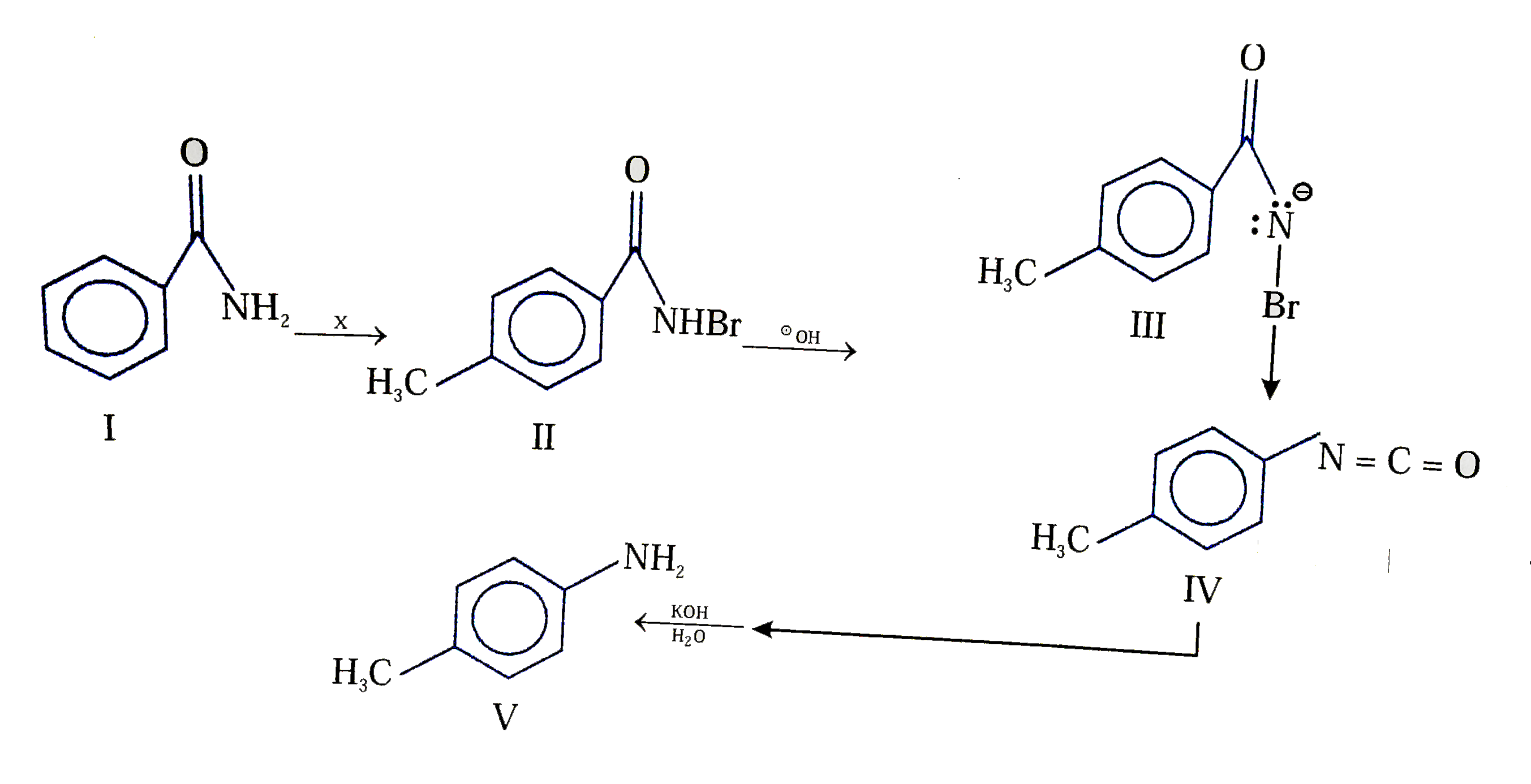Which is true for the temperature coefficient of a reaction ?
ific reaction rate at 25∘C
Rate of the reaction at 100∘C
Ratio of the rate constants at temperature 35∘Cand25∘C
Ratio of the rate constants at two temperature differing by 1∘C
The correct Answer is:C
To solve the question regarding the temperature coefficient of a reaction, we need to understand the concept of temperature coefficient and how it relates to the rate of a chemical reaction.
1. Definition of Temperature Coefficient:
The temperature coefficient (often denoted as Q10) is defined as the factor by which the rate of a reaction increases when the temperature is raised by 10 degrees Celsius.
2. Understanding the Rate of Reaction:
If we have a reaction A→B, and the temperature coefficient is given as a certain value (e.g., 2), this means that if the temperature is increased by 10 degrees Celsius, the rate of the reaction will double.
3. Mathematical Expression:
The temperature coefficient can be mathematically expressed as:
Q10=Rate at T2Rate at T1
where T2 is T1+10∘C.
4. Rate Constants:
The rate of a reaction is also related to the rate constant k. The relationship can be expressed as:
Q10=kT2kT1
Here, kT1 is the rate constant at the initial temperature T1 and kT2 is the rate constant at the temperature T2.
5. Evaluating Options:
Now, let's evaluate the options given in the question:
- Option A: "Temperature coefficient is reaction rate at 25 degrees Celsius" - This is incorrect.
- Option B: "Rate of reaction at 100 degrees Celsius" - This is also incorrect.
- Option C: "Ratio of rate constant at temperature 35 and 25 degrees Celsius" - This is incorrect because the temperature difference is not 10 degrees.
- Option D: "Ratio of rate constant at two temperatures differing by 1 degree Celsius" - This is incorrect as well; the standard definition involves a 10-degree difference.
6. Conclusion:
Based on the definitions and evaluations, none of the options provided in the question accurately describe the temperature coefficient as it is conventionally understood.
The temperature coefficient (often denoted as Q10) is defined as the factor by which the rate of a reaction increases when the temperature is raised by 10 degrees Celsius.
If we have a reaction A→B, and the temperature coefficient is given as a certain value (e.g., 2), this means that if the temperature is increased by 10 degrees Celsius, the rate of the reaction will double.
The temperature coefficient can be mathematically expressed as:
Q10=Rate at T2Rate at T1
where T2 is T1+10∘C.
The rate of a reaction is also related to the rate constant k. The relationship can be expressed as:
Q10=kT2kT1
Here, kT1 is the rate constant at the initial temperature T1 and kT2 is the rate constant at the temperature T2.
Now, let's evaluate the options given in the question:
- Option A: "Temperature coefficient is reaction rate at 25 degrees Celsius" - This is incorrect.
- Option B: "Rate of reaction at 100 degrees Celsius" - This is also incorrect.
- Option C: "Ratio of rate constant at temperature 35 and 25 degrees Celsius" - This is incorrect because the temperature difference is not 10 degrees.
- Option D: "Ratio of rate constant at two temperatures differing by 1 degree Celsius" - This is incorrect as well; the standard definition involves a 10-degree difference.
Based on the definitions and evaluations, none of the options provided in the question accurately describe the temperature coefficient as it is conventionally understood.
Topper's Solved these Questions
Similar Questions
Knowledge Check
The temperature coefficient of a reaction is :
ASpecific reaction rate at 25∘CBRate of the reaction at 100∘CCRatio of the rate constants at temperature 35∘C and 25∘CDRatio of the rate constants at two temperature differing by 1∘CThe temperature coefficient of a reaction is:
Athe rate constantBthe rate constant at a fixed temperatureCthe ratio of rate constant at two temperatureDthe ratio of rate constant differing by 10∘ C preferably k308k298The temperature coefficient of a reaction is :
AThe ratio of the rate constants of two reactions at 25∘CBThe ratio of the rate constants of a reaction at 25∘Cand35∘CCThe ratio of the rate constants at any two different temperatureDNone of the above
If the rate of reaction increases by 27 times , when temperature is increased by 30 K, then temperature coefficient of the reaction is
View SolutionThe activation energy for most of the reaction is approximately 50kJmol−1. The rate for temperature coefficient for such reaction will be
View Solution
Which is true for the above reaction?
View SolutionThe temperature coefficient of resistance of a conductor is
View SolutionThe solids which have negative temperature coefficient of resistance are:
View Solution
